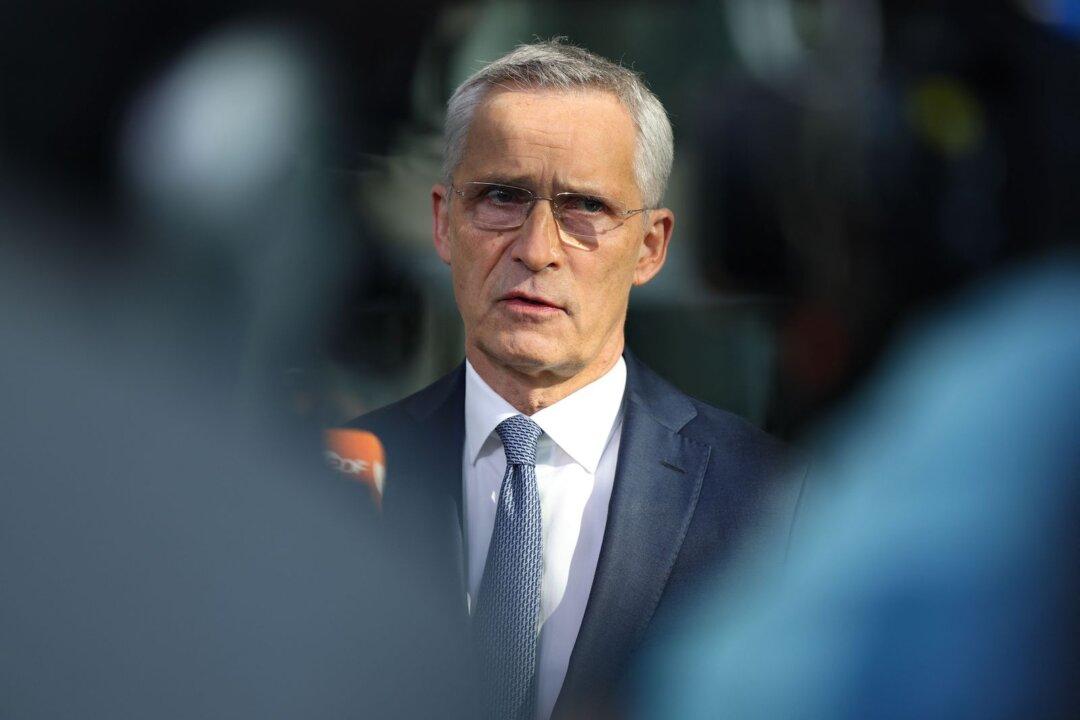NATO on Friday said it is taking action to protect undersea pipelines and cables, in what appears to be a response to a senior Russian leader’s recent remarks that it would be fair for Russia to cut off undersea communications of its enemies.
Speaking at a press conference held at the military alliance’s Brussels headquarter, NATO Secretary General Jens Stoltenberg said Russia has “the capacity to map, but also potentially to conduct actions against critical infrastructure” off the coast of Europe.





